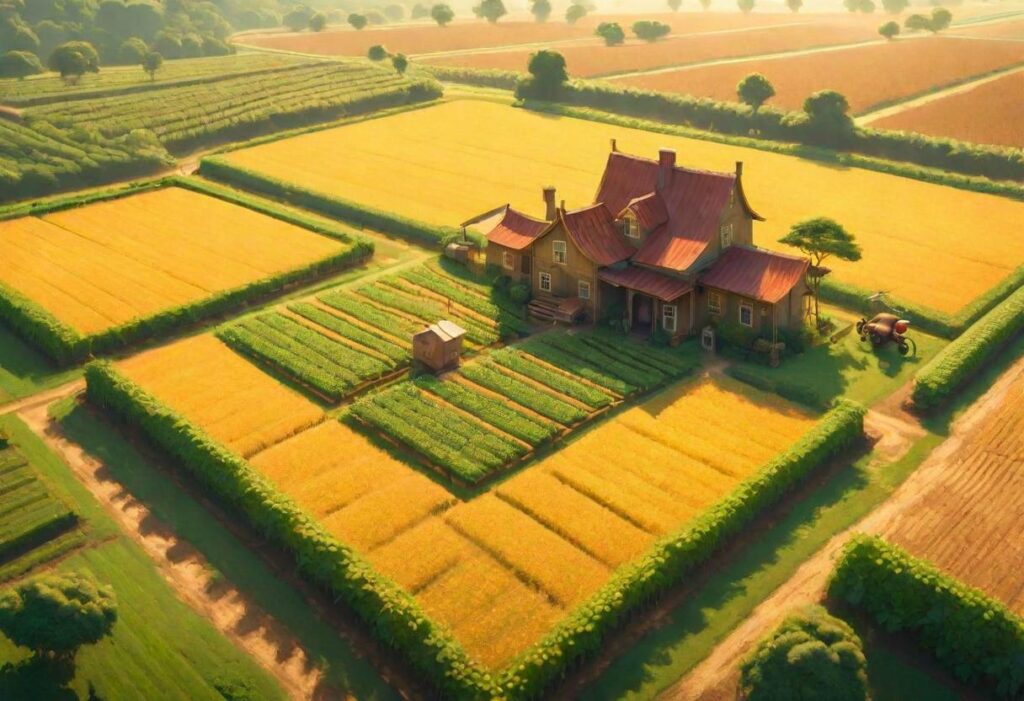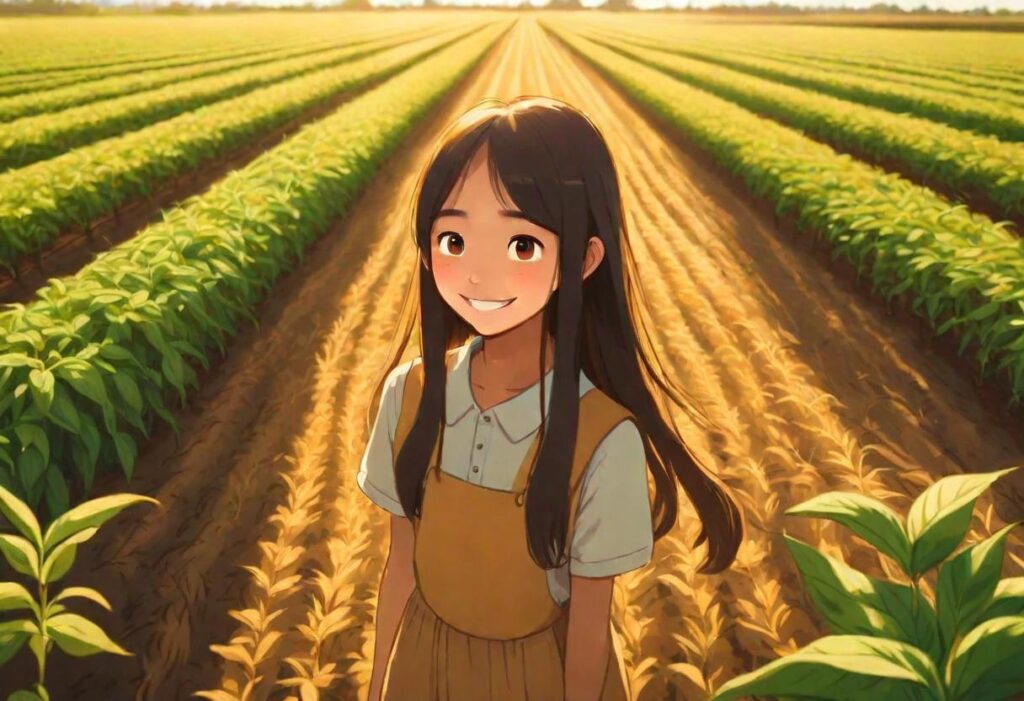The Internet of Things represents not just a new phase in the tech world but more than that – it completely shifts our way of living and business management. With its wide use cases in areas such as healthcare, education, manufacturing and logistics coupled with the high potential for technological advancement in the industry makes it suitable to include blockchain technology in a relatively newer sector of agriculture.

Entrepreneurs are also its leading figures, using these innovations to advance smart agriculture while integrating new technologies into farming. The addition of IoT has equipped them with an enhanced set of tools for process automation and resource management to tackle their next exciting frontier.
In this article on IoT in agriculture, we will discuss the importance of IoT for farmers, how it can benefit their practices, the types of IoT applications used on farms, and the overall advantages smart technology brings to the industry. However, it’s also important to recognize that progress may come with challenges.
What Is Smart Farming?
First of all, smart farming is the use of different types/forms of technologies in agriculture helping to succeed. IoT is the key to this concept of smart farming or – Smart agriculture. This technology is used to improve multiple aspects of the agricultural industry. How can smart farming be advantageous to farmers in their lives? Special sensors in smart farming solutions help farmers track everything from the moisture content of their soil to atmospheric conditions. This data-driven model will help the farm owner make educated decisions, plan better, and overall be a good manager of their agriculture business.
Advantages of IoT in Agriculture
The Internet of Things (IoT) can change the way different business activities are done and could provide great help also to field entrepreneurs when making decisions. Some of the pivotal advantages of IoT in agriculture include the following.
Well-controlled risks
They can use the data to plan in advance for how much produce they would be able to harvest over a given period. Use these forecasts to produce an up-to-date distribution plan, resulting in extra sales that will reduce the financial risks associated with excess inventory.
Better product quality
With the help of smart agriculture technology, you can maintain superiority in your final products by finding errors and solving them before they get larger. This makes sure the rest of business operations will fully function without any interruption.
Data collection and analysis
IoT allows smart agriculture sensor devices to function in sync with software that records and renders data for insights and analysis through an easily human-friendly visual medium. Monitoring the current state of operations by centralizing information about the environment as well as livestock health can effectively keep an eye on your operation.
The business is operating in a semi-automated way
Smart sensors play a significant role in the automation of an array of conventional field management, such as pest control on farms. They also improve precision which decreases the wastage of resources in an agricultural environment.
What Exactly Is IoT in Agriculture For?
In this article, we are going to focus on the major IoT applications in agriculture and some key examples of smart-ag companies that have established a strong foothold for other businesses interested in implementing their own strategies.
Livestock monitoring
Software and hardware integration enables farmers to use diverse IoT agriculture sensors for real-time monitoring of livestock, thus obtaining live-feed data that can be accessed using IoT applications. Smart farming enables the farmer to monitor and manage information on animal health, location of animals for grazing as well as other details required by farmers in regular routines around their flock. This feature assists businesses in saving money by two substantial ways:
- Animal health: Identifying and segregating infected animals before the outbreak.
- Lower labor costs: Farmers are able to easily keep track of their livestock being located and spend less time/energy in rounding them up.
Monitoring of crops
The deployment of IoT-based sensors in the fields is good for monitoring climate conditions, and with use cases like this benefits can be reaped both quicker and more effectively on a global scale. These devices collect information such as crop health, precipitation data, and measures of temperature, humidity, etc.
Farmers can detect any changes in crop health and protect their yields from diseases by using IoT for crop management. Moreover, it also assists in measuring crop growth and this information allows to estimate the best time for planting a given crop or when to harvest.
Use of drones
If we talk about agriculture, drones are one of the most revolutionary smart farming ideas. The UAV could be used to spray pesticides or take aerial photos for storage on the cloud where other agricultural IoT devices can analyze it further through a solution created after a custom software development.
Summing Up
The expansion of the Internet of Things (IoT) is projected to work as a game-changer in agriculture, giving farmers more control over data at their disposal and helping them to operate more effectively. Smart agricultural technology can help them perfect quality, mitigate risks and manage resources in a systematic way. Nevertheless, it is vital to evaluate the difficulties and risks before planning this kind of strategy. For agricultural operations striving to compete and thrive in changing times, the reality is adopting IoT can no longer be optional. The use of data-driven, networked, and intelligent systems will be becoming increasingly important as we move further into history but the time to do so is now.
If you have questions about how to integrate your agricultural software with the Internet of Things, it is essential that you seek advice from a specialist IT vendor who has experience in this domain. These experts may even cater the type of IoT solution to your agriculture needs, thus further enhancing you in leveraging smart agriculture technology aiding towards more lucrative farming.

Author bio
Yuliya Melnik is a technical writer at Cleveroad, a web and mobile application development company in Ukraine. She is passionate about innovative technologies that make the world a better place and loves creating content that evokes vivid emotions.





Leave a Comment